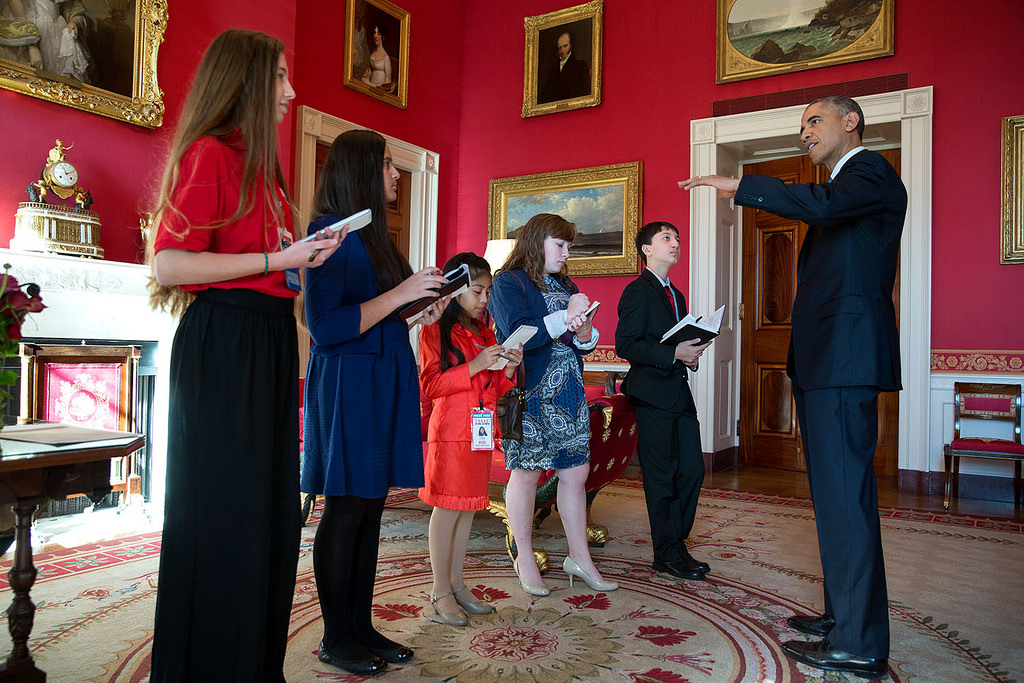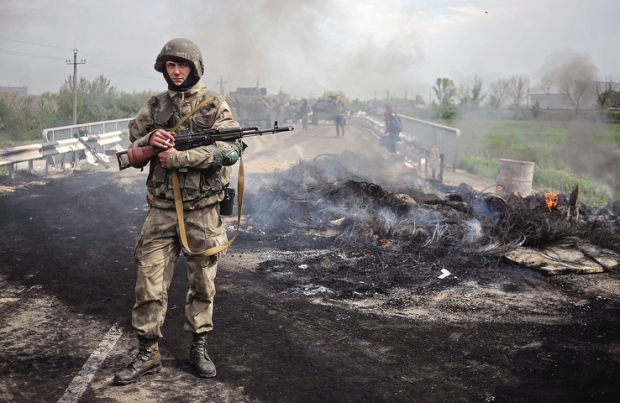March is the beginning of the annual South by Southwest Music and Media Conference (SXSW), a set of film, interactive and music festivals/conferences, which take place in Austin, Texas. Although the festival is traditionally known for its music festival, the event also includes an annual interactive segment, which took place March 7 to March 11. This segment features presentations and panels, showcasing up-and-coming technologies and industry leaders. This year the interactive segment appeared to unofficially sport a secrecy and online security theme, reminding participants of the work that governments must do to ensure that there is an effective balance between protecting the privacy of citizens and ensuring national security.
One of the “hot ticketed” presentations at this year’s interactive segment included a presentation by Julian Assange, founder of Wikileaks. Delivering the speech from the Ecuadorian Embassy in London via Skype, Assange discussed the issues of government surveillance, online democracy, and the future of the Internet. He stated that, “the ability to surveil everyone on the planet is almost there and arguably will be there in a few years,” leading to a transfer of power between those who are being surveilled and those who are surveilling.
This topic was similarly addressed by National Security Agency (NSA) whistleblower, Edward Snowden, who last year revealed the extent that the NSA, the United States’ cryptology agency, was collecting personal and Internet records. During his own conference, Snowden said, “the NSA, with this global mass surveillance occurring in all different countries, not just the U.S – it’s important to remember that this is a global issue – they’re setting fire to the future of the Internet. And the people who are in the room now, you guys are all the firefighters. And we need you to help us fix this.”
Overall, both of these presentations drew in huge crowds, and challenged listeners to debate how the state can effectively balance the right to privacy and the need to protect national security – a topic that has frequently been highlighted in Canadian media. This festival serves as a backdrop, reminding us of the issues that Canadians need to work through at home to ensure that their privacy is protected. The technical capacity for threats has grown and with the surveillance capacity increasing, far greater scales of collection of information are possible.
In Canada, the Communications Security Establishment Canada (CSEC) is the nation’s cryptology agency. Its mandate is to acquire and use information from global information infrastructures to serve intelligence priorities, help ensure the protection of electronic information and its infrastructures, and provide assistance to law enforcement and security agencies. All of which serve to provide and protect “the information of national interest through leading-edge technology, in synergy with [its] partners.”
Recently, the Privacy Commissioner, Chantel Bernie, released a report, which discussed the state of cyber surveillance. Bernier sees Canada as a “patchwork of rules and oversight” that is outdated. She argues that greater accountability and transparency need to be built into the system in order to ensure that the privacy of Canadians is protected. The report states that, “while secrecy may be an inherent aspect of many intelligence activities, so is accountability…national security claims do not reduce accountability obligations, and security bodies must account to Canadians for what they do with personal information.” Overall, her recommendations to the problem associated with the lack of accountability involve increasing watchdog powers, rewriting legislation and ensuring that security agencies are releasing information, such as annual reports.
In the end, what the conference at South by Southwest served to do is raise concerns and re-ignite the debate around the degree of Internet surveillance. The Internet was once seen as libertarian, encouraging “democracy, freedom and liberty around the world.” With the intensification of surveillance practices, however, the space is becoming more controlled and militarized. As such, Canadians are becoming more and more wary about the information that is being collected. “We don’t know, that’s the whole point, we don’t know and we want to know. Canadians want to know and deserve to know, “ says Bernier. Therefore, looking into the future, Canada needs to inform its citizens of the extent and reach of security processes in order to foster greater public confidence in the nation’s security frames.





